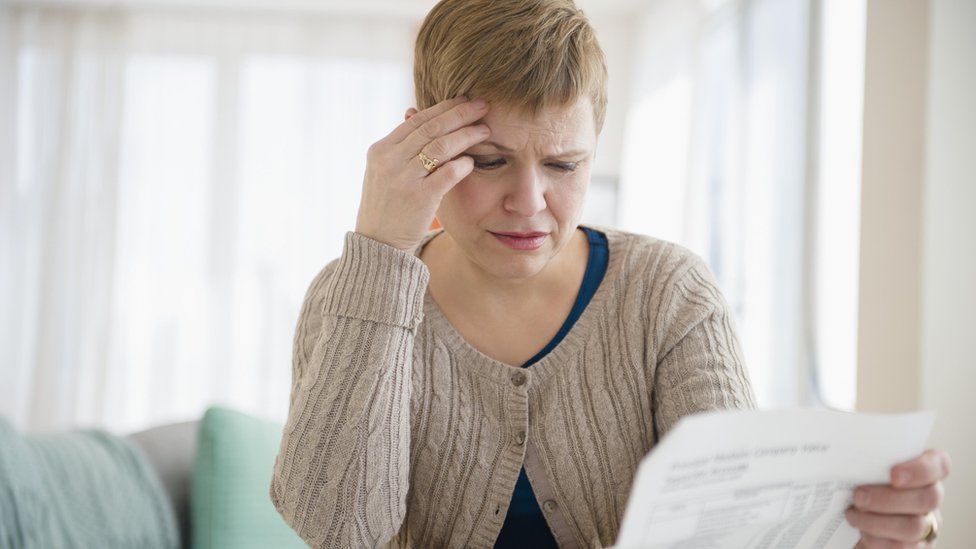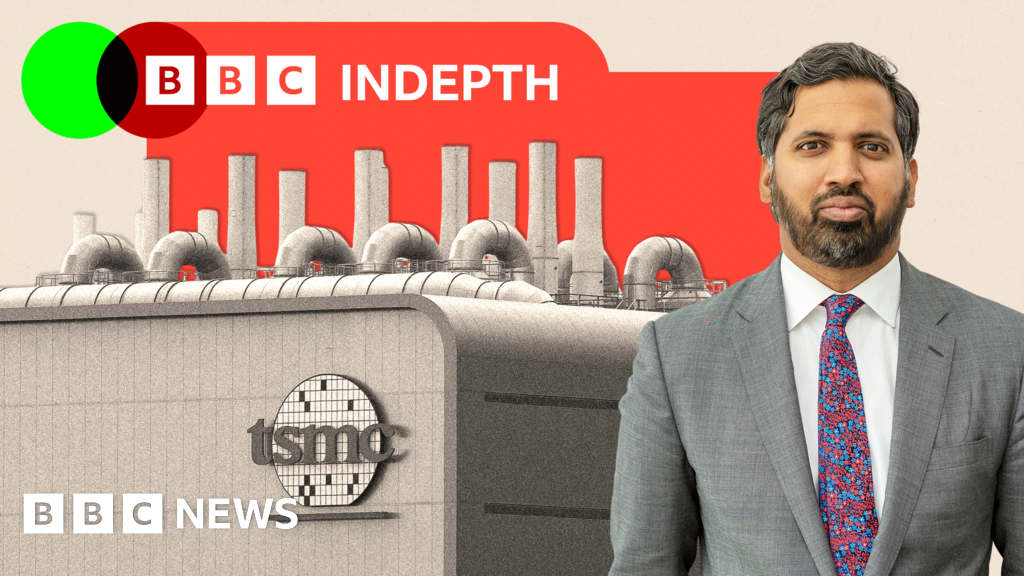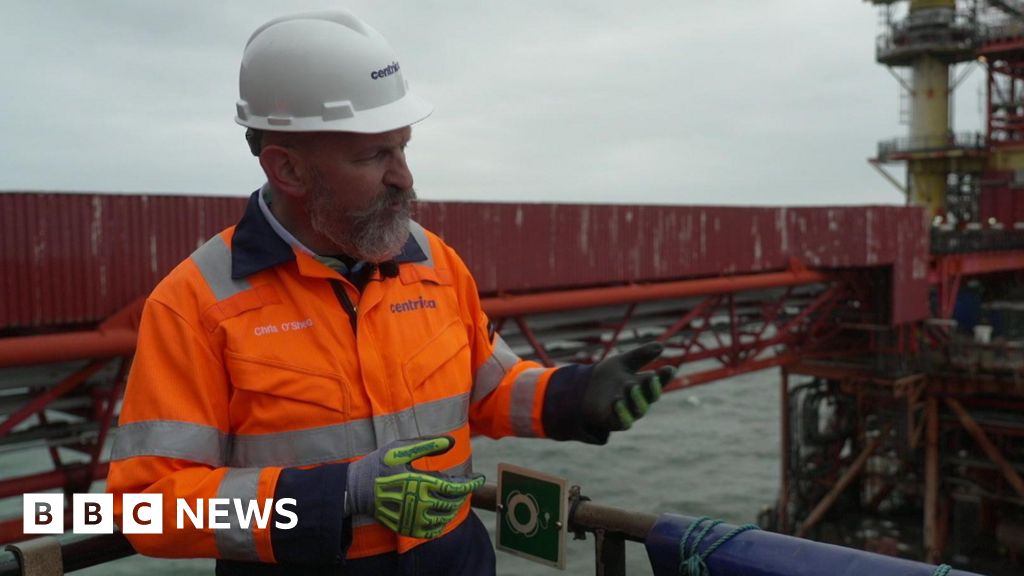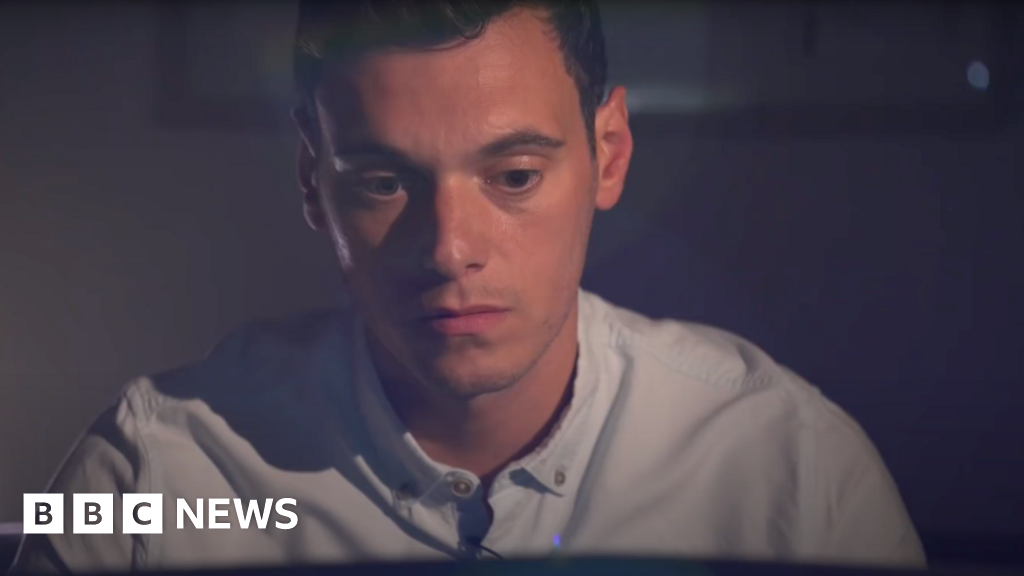ARTICLE AD BOX
 Image source, Getty Images
Image source, Getty Images
By Faarea Masud
Business reporter
A typical five-year fixed mortgage deal now has an interest rate of more than 6% for the first time since November.
It comes after the Bank of England raised interest rates to a 15-year high of 5% last month, as it tries to bring down inflation.
Mortgage lenders have been increasing rates and withdrawing deals recently, driving up costs for homeowners.
Prime Minister Rishi Sunak has urged homeowners to "hold their nerve" over rising rates.
On Tuesday,the average rate for a five-year fixed-rate mortgage stood at 6.01%, according to the financial information service Moneyfacts. The average two-year fixed deal is now 6.47%.
A year ago, those rates were closer to 3%.
The Bank of England has raised interest rates 13 times since December 2021. But inflation - which measures the rate at which prices are rising - remained stubbornly high at 8.7% in May.
The prime minister has pledged to halve inflation by the end of the year, and has backed the Bank of England's rate rises.
The recent rises in mortgage costs could have a knock-on effect on renters who could face higher payments as landlords seek to recoup rising costs. Fewer rental properties could also be available as a result of squeezed landlords selling their property, according to the National Residential Landlords Association.
However, in a move to help mortgage-holders, banks and building societies will offer more flexibility on repayment terms. Borrowers will be able to make a temporary change to their mortgage terms, then will be able to return to their original deal within six months, allowing some to have lower repayments for a short time by just paying the interest on the home loan.
Rising interest rates and mortgage costs weighed on UK economic growth in April, but Chancellor Jeremy Hunt said the UK has "no alternative" but to hike interest rates in a bid to tackle rising prices.

 1 year ago
47
1 year ago
47








 English (US) ·
English (US) ·